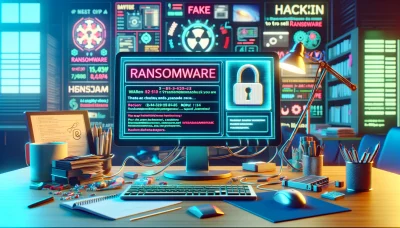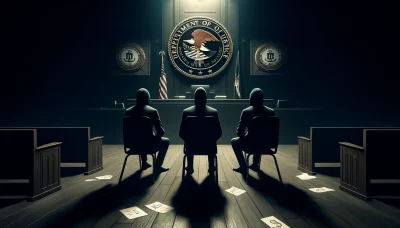According to an official, the U.S. Department of Justice (DOJ) is restructuring its cybercrime offices and increasing the number of attorneys working on criminal crypto cases by more than two-fold.
During a speech in Washington DC, Nicole M. Argentieri, the Principal Deputy Assistant Attorney General of the DOJ’s Criminal Division, announced the details of the reorganization.
DOJ combines computer crime and CCIPSAccording to Argentieri, the DOJ is combining the Computer Crime and Intellectual Property Section (CCIPS) and the National Cryptocurrency Enforcement Team (NCET) to form a single office.
This move will result in a significant increase in the number of Criminal Division attorneys who can work on criminal crypto cases.
Any CCIPS attorney may be assigned to an NCET case, allowing for extensive collaboration between the two teams.
The merging of these offices highlights the fact that cybercrime and cryptocurrency work are interconnected and will likely become more intertwined in the future.
Argentieri said the fact that the merger elevates the importance of cryptocurrency work within the DOJ’s Criminal Division.
The NCET has been merged into CCIPS to enhance the department’s capacity to track cryptocurrency, prosecute cases involving the illegal use of cryptocurrency, and confiscate legally forfeitable cryptocurrency to return funds to victims.
CCIPS has a track record of helping prosecutors throughout the department tackle computer-related crimes, electronic evidence, and intellectual property issues.
Given the importance of tracing and seizing cryptocurrency, every modern prosecutor should have these skills. The merger acknowledges this need.
US banks freeze accountsA recent report reveals that US banks are closing customers’ accounts and restricting withdrawals without prior notice.
An alarming trend has emerged where increasing numbers of people are finding themselves unable to access their checking and savings accounts, according to a report by CBS Los Angeles.
Among them is Elad Nehorai, who received a troubling notification when attempting to log into his Bank of America account.
He promptly visited a branch in West LA, only to be informed that his account had been closed and he could no longer access the funds he had worked hard to save.




















